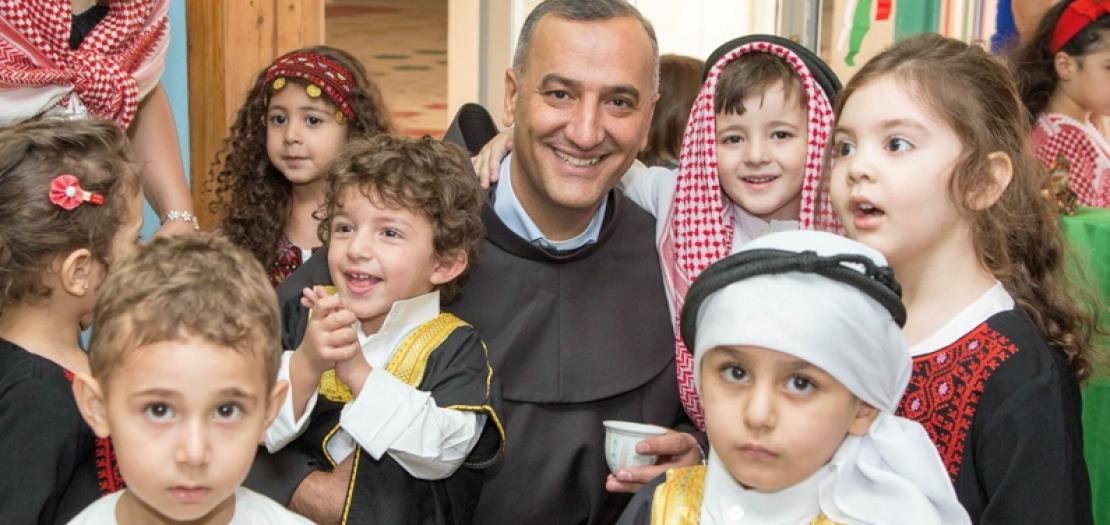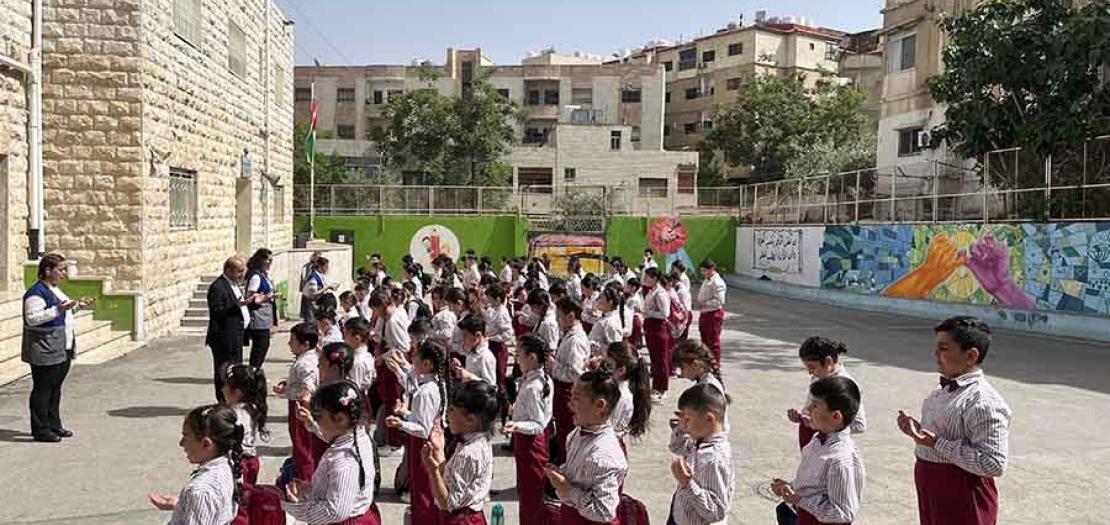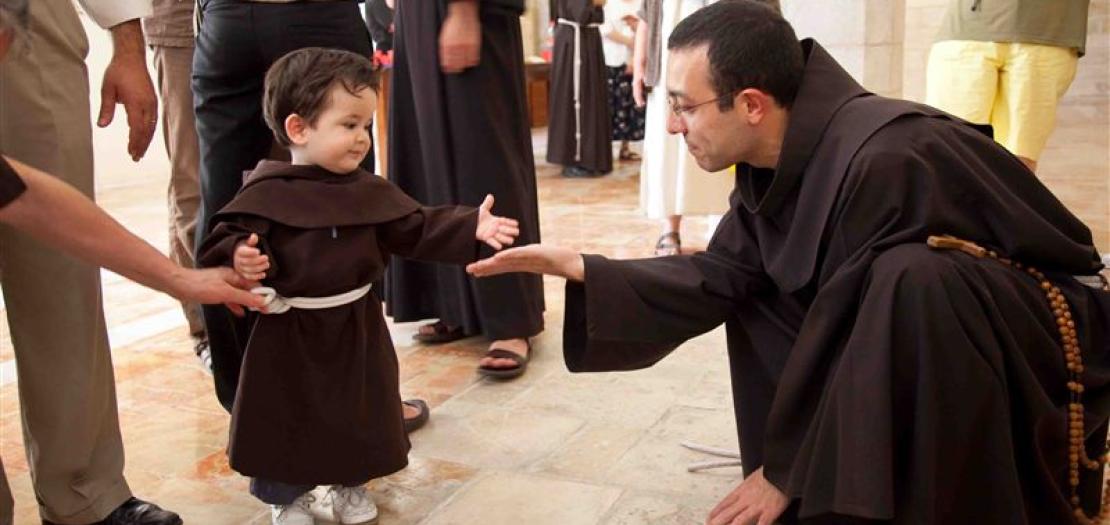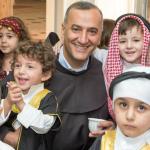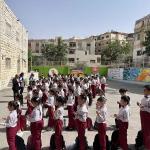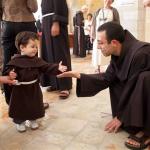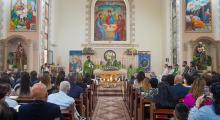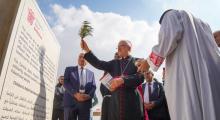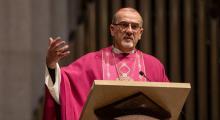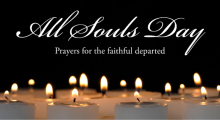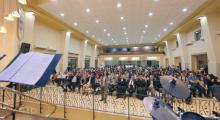Issued by the Catholic Center for Studies and Media - Jordan. Editor-in-chief Fr. Rif'at Bader - موقع أبونا abouna.org
Education is the mainstay of advancement in countries. It is one of the major bases for building civilized nations whose aim is to achieve peace and prosperity as a well as attain progress in all walks of life.
Among most of the renowned schools that made extremely tangible progress in societies and helped promote societies into a new era of glory are the Franciscan-run schools in all parts of the world, particularly in the Middle East.
Whenever someone mentions the term “Franciscan schools,” one would immediately realize that they are associated with three very important values, namely academic excellence that is nurtured in students by competent teachers, in addition to supporting multitudes of talents that teachers instill in children, and have "moral discipline" which include civility, commitment, and awareness of rights and duties.
The birth of Franciscan schools in the Holy Land dates back to the 16th century. The Holy Land School in Bethlehem is the oldest in the entire Middle East, as it was founded in 1598. These schools seek to provide education to people of different social and economic backgrounds, and to help preserve the Christian presence in the Holy Land.
As the Franciscan schools strive to help the poor, they are considered to be belonging to all people. They are unique in every field so that everyone wants to study there. Furthermore, these schools are sources of knowledge, and of success in the world of work, as they strengthen the presence of future generations of living stones in the Holy Land while serving to provide an incentive for Christians to remain in the Holy Land.
It is important in this regard to revert to the two-day 4th conference--organized by L'Œuvre d'Orient in partnership with the Secretariat General of the Catholic Schools in Jordan, and in cooperation with the French Embassy in Amman--on Catholic education and Francophone in the Middle East which opened sessions on June 16, 2023 at Terra Sancta College, Jabal Luweibdeh, Amman.
At the opening sessions, Fr. Dr. Hanna Kildani, representative of the Latin Patriarchate in Jerusalem and the Latin Patriarchal Vicariate in Amman at the time, said in an address that “education has always been an important part of the Church's mission because illiteracy hinders the development of mature and responsible thinking.” He also referred to the importance of the issues to be discussed which deal with the challenges faced by Catholic schools in the Middle East and future prospects.
Furthermore, the Franciscan schools have been qualified with turning bleak days of illiteracy into bright light of knowledge and wisdom. Among one of the most outstanding and relevant achievements is the philanthropic step undertaken by Fr. Khalil Ja'ar, pastor at Mary Mother of the Church in Marka, the northeastern suburb of Amman, who some 10 years ago set up a school to educate Iraqi refugee children who fled Iraq at his parish church, as the children faced difficulties entering the Jordanian school system.
While bearing in mind that highly educated people holding key and leading positions in societies have been graduates of Franciscan schools. It is important to point out that they have been opening the gates wide for students to learn important languages like French and English in addition to Arabic, thus opening their avenues to different cultures and to proceed in delving into different fields of education that ensure them a better future.
At a time when the Franciscan schools preserve the Christian presence in the Holy Land, they provide an excellent education to over 15,000 students of all religions, incomes, and abilities. Perhaps the best hope for a continued Christian presence in the Holy Land is the Franciscan Schools of the Custody of the Holy Land.
To date, schools under the leadership of the Franciscan friars serve children of all social and economic backgrounds, making it possible for new generations of Christians to remain in the Holy Land.
More than 11,000 students attend the friars’ 15 schools where they are taught by 1,000 teachers of all religions. The result is a “beautiful common living and ecumenical dialogue,” according to Br. Ibrahim Faltas.
These schools prepare students for success in today’s highly competitive economy, and also serve those with special needs. They have all the time played an ineffable role designed to upgrade societies and to shove them into a sphere of progress based on sound knowledge, wisdom and ethics.


